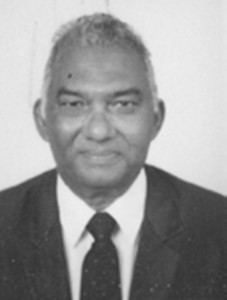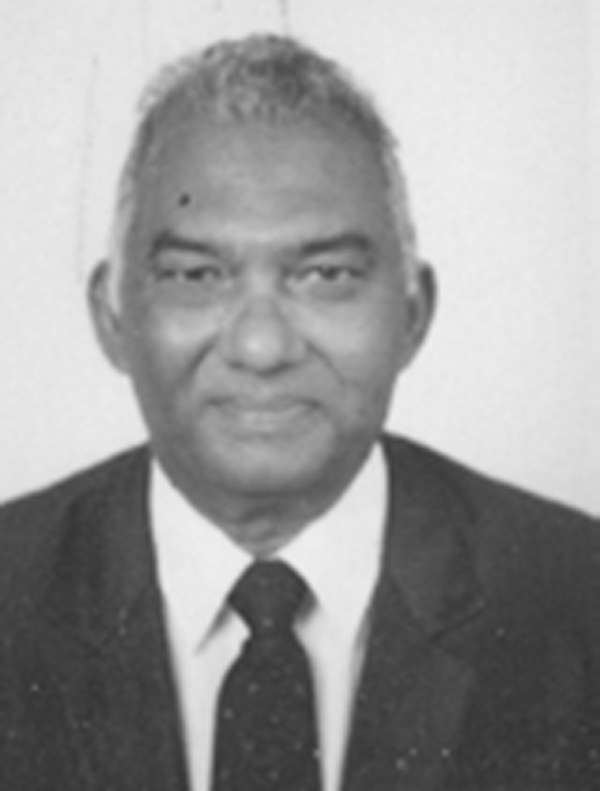At the end of 2007 there were 249 inquests pending, according to Attorney General Doodnauth Singh.

He revealed this in a written response to a question from Alliance For Change MP Raphael Trotman. The answer was circulated at Thursday’s sitting of Parliament.
The AG disclosed that at the end of 2006 there had been 299 inquests pending and a further 21 were filed in 2007. Only 71 were disposed of in 2007 leaving 249 pending at the end of that year. No figures were provided by the AG for 2008.
According to the AG, 68 cases were disposed of at the Georgetown Magistrate’s Court in 2007 while 57 cases were pending at the end of the year.
In Georgetown, 104 cases had been pending at the end of 2006 and a further 21 were filed in 2007. Singh said too, that 121 cases were pending on the East Coast Demerara since the Vigilance Magistrate’s Court was only able to dispose of 3 cases in 2007.
No inquests were held at the Whim Magistrate’s Court during 2007 even though there were 20 matters pending at the end of 2006 for the Corentyne. Similarly, no hearings were done at the New Amsterdam Magistrate’s Court for 2007 even though 23 inquests were pending at the end of 2006. At the Suddie Magistrate’s Court at Essequibo no inquests were disposed of in 2007 even though 28 were pending at the end of 2006.
There were no pending inquests on file at West Demerara and no new cases were ordered in the district during 2007.
In an interview with Stabroek News in October last year, acting Chief Magistrate Melissa Robertson had said that the courts working hard on inquests.
She said that the public perception that inquests are not being held in magisterial districts across the country is not a fair one, since a string of them have been completed within the past year and several more were ongoing.
Inquests had for years been infrequently held and the backlog had ballooned but a new approach was adopted in 2006, Robertson said. She noted in an interview with Stabroek News that magistrates were told to, “work a bit more assiduously with respect to inquests and reduce the build-up”.
She said that since 2002 116 inquests have been concluded with a large amount being heard at the Wales Magistrate’s Court where the Acting Chief Magistrate had presided for an extensive period. The majority of those cases had involved accidents.
Prior to 2006 there was a big backlog, underlining an issue of critical concern in the judiciary. The infrequent manner in which inquests were held prior to 2006 had also come under intense public scrutiny given the number of unnatural deaths that had been recorded within recent years.
Magistrate Robertson pointed to the insufficient number of sitting magistrates, stating that the shortage has impacted on the level of work within the magisterial district; underscoring the need for new appointments. Currently one magistrate within the Georgetown Magisterial District has been assigned inquests- Magistrate Elizabeth McLennan.
With some inquests taking as much as eight years before there is a hearing, she said, the workload of those sitting on the bench has to be considered, particularly within the context of new criminal matters that can often spill over into fifty or more in a single day.
Additionally, there are the civil litigations and preliminary inquiries that are listed among priorities in the system.
“It is not that magistrates are demoting inquests and are barely conducting any, it is a matter of demanding schedules and what they can sometimes be faced with on a given day, but inquests are being carried out”, she stated.

